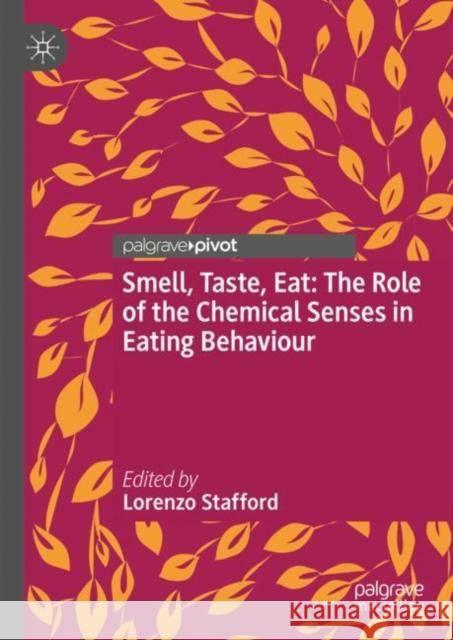Smell, Taste, Eat: The Role of the Chemical Senses in Eating Behaviour » książka
topmenu
Smell, Taste, Eat: The Role of the Chemical Senses in Eating Behaviour
ISBN-13: 9783031413742 / Twarda / 2024 / 156 str.
Kategorie:
Kategorie BISAC:
Wydawca:
Springer International Publishing AG
ISBN-13:
9783031413742
Rok wydania:
2024
Ilość stron:
156
Wymiary:
21.0 x 14.8
Oprawa:
Twarda
Dodatkowe informacje:
Wydanie ilustrowane











